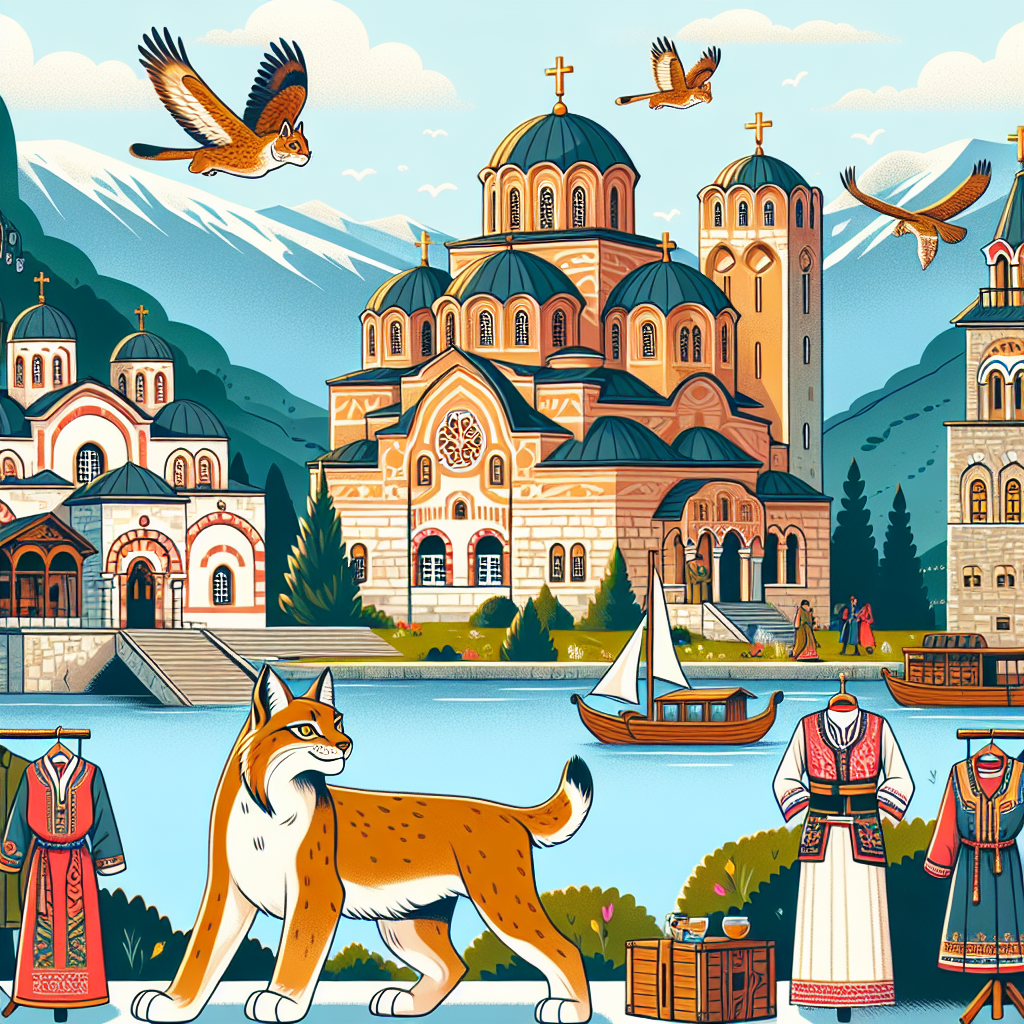Ethnic Tensions in North Kosovo: A Brewing Conflict
Persistent ethnic tensions in north Kosovo risk a repeat of past violence, with NATO and EU concerns mounting. The region, largely populated by ethnic Serbs, resists Kosovo's government. Recent attacks and criticisms of Kosovo's unilateral actions strain relations with Western allies, complicating peace talks with Serbia.

Rising ethnic tensions in northern Kosovo may lead to renewed violence, echoing last year's deadly clashes, cautioned a senior NATO official. The region, home to a Serb minority, remains resistant to Pristina's authority, maintaining ties with Belgrade as its capital.
NATO Commander Admiral Stuart B. Munsch expressed his concerns in Pristina, highlighting the potential for conflict without progress in EU-mediated talks. The warning follows recent incidents, including a deadly attack in Banjska and injuries to peacekeepers during protests.
Kosovo blames Serbia for instigating violence, a claim denied by Belgrade. Meanwhile, criticism from Western allies regarding Kosovo's unilateral decisions has intensified, straining diplomatic relations as the EU continues efforts to mediate peace talks.
(With inputs from agencies.)
- READ MORE ON:
- Kosovo
- ethnic tension
- NATO
- Serbia
- Pristina
- violence
- peacekeeping
- EU talks
- conflict
- diplomacy
ALSO READ
Mahato urges Nobel panel to reassess Yunus' legacy, address violence
"Everyone, regardless of party, will have to unite": Locket Chatterjee on rising violence in Bangladesh
US Congressman Krishnamoorthi calls on Bangladesh to end anti-Hindu violence, ensure fundamental rights
UN Chief Condemns Haiti Violence: A Call for Justice
Massacre in Cite Soleil: Gang Violence Sparks Outrage










